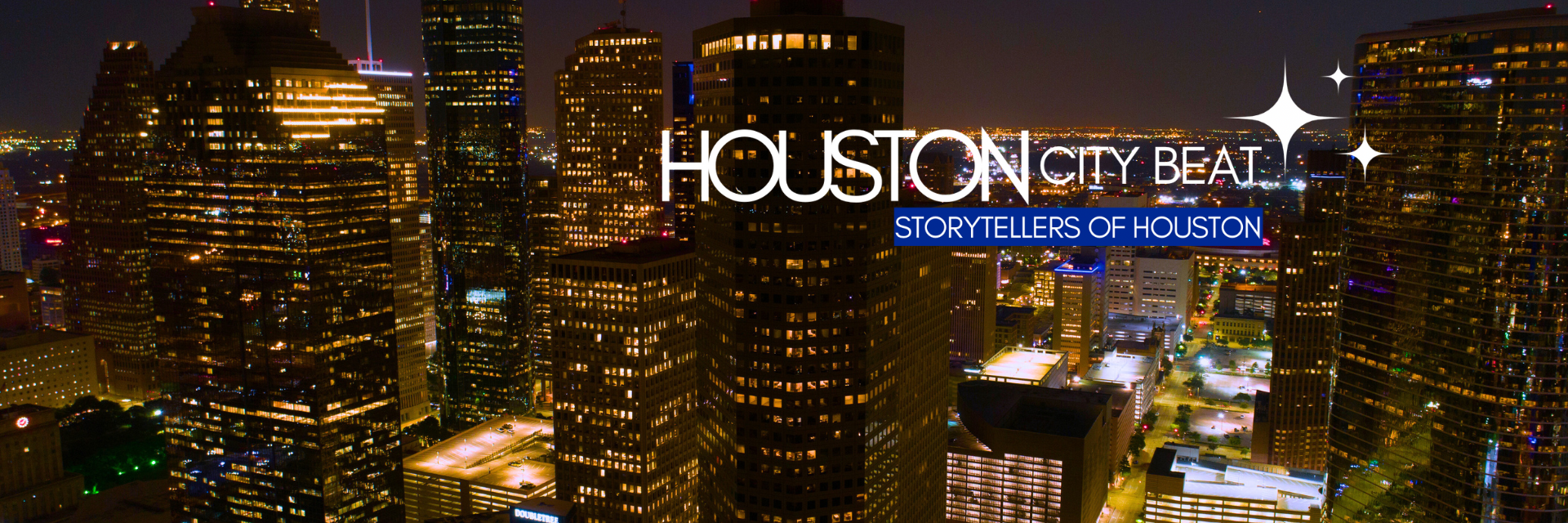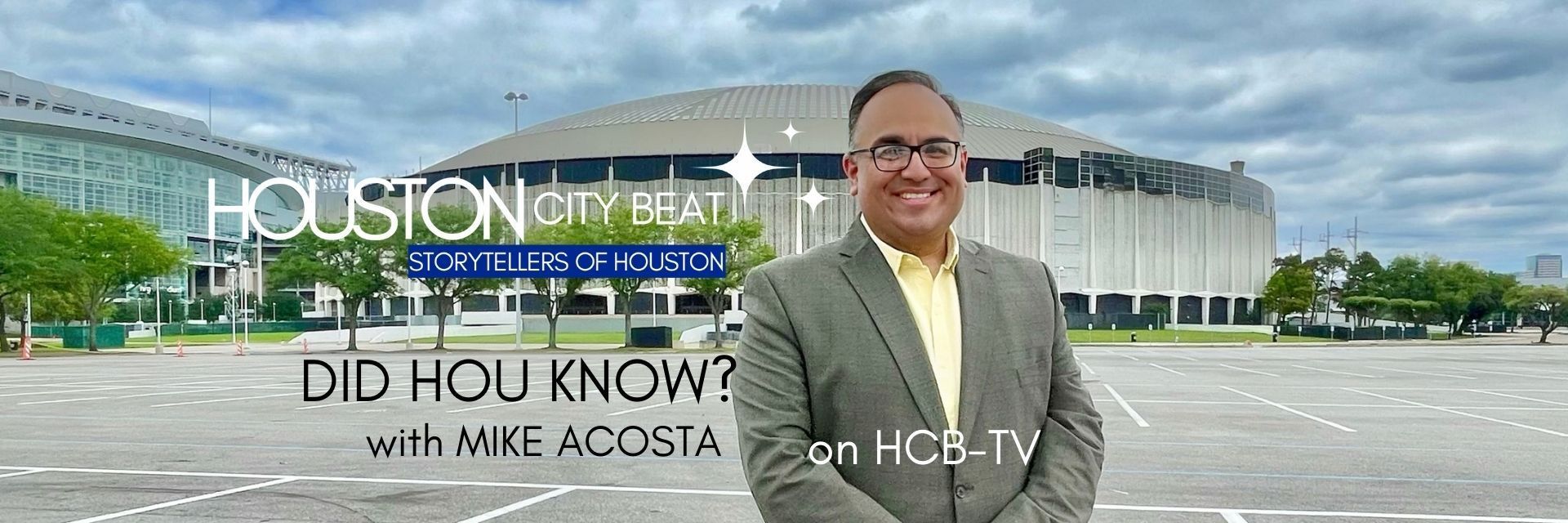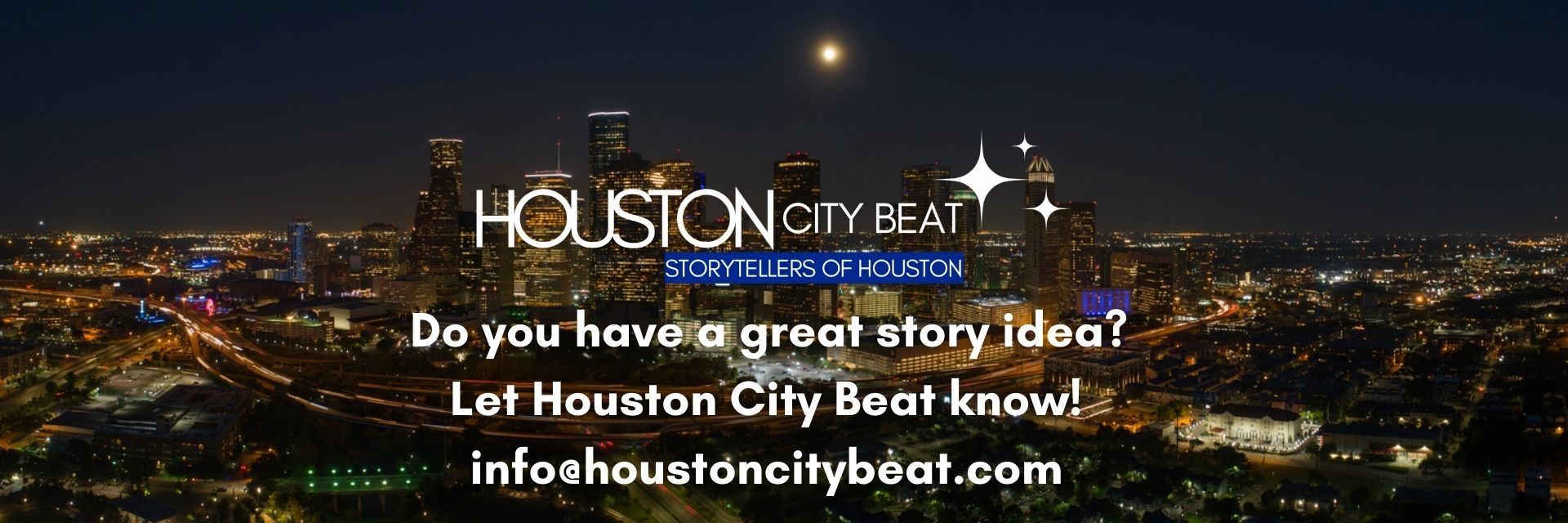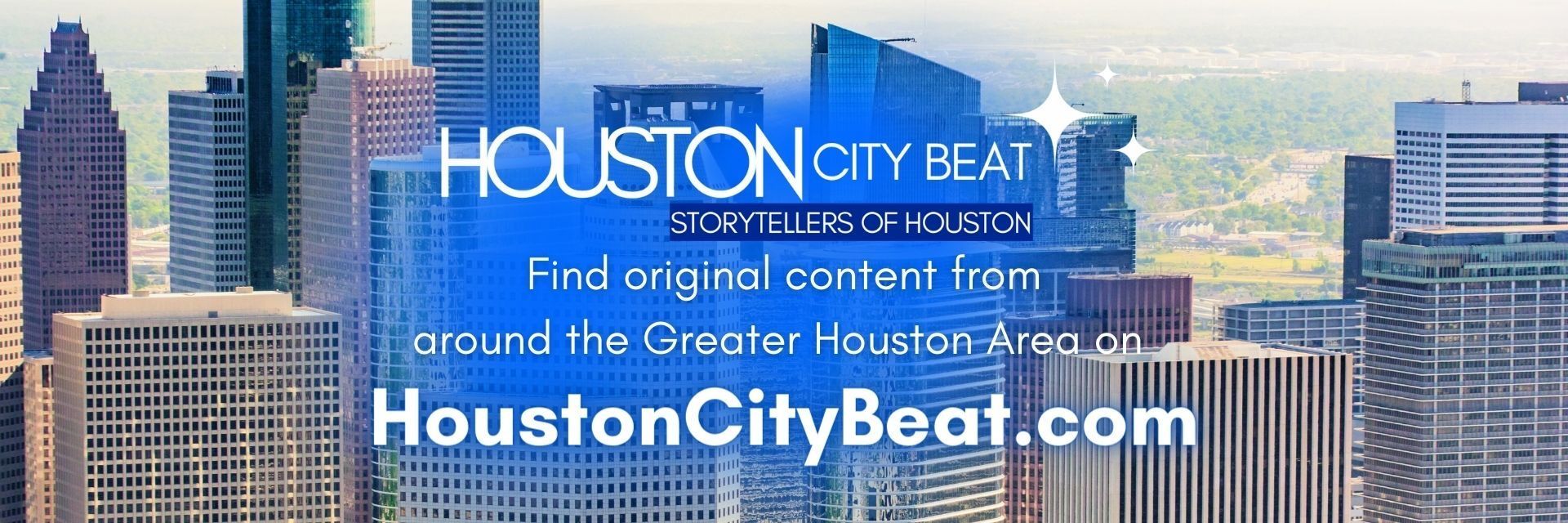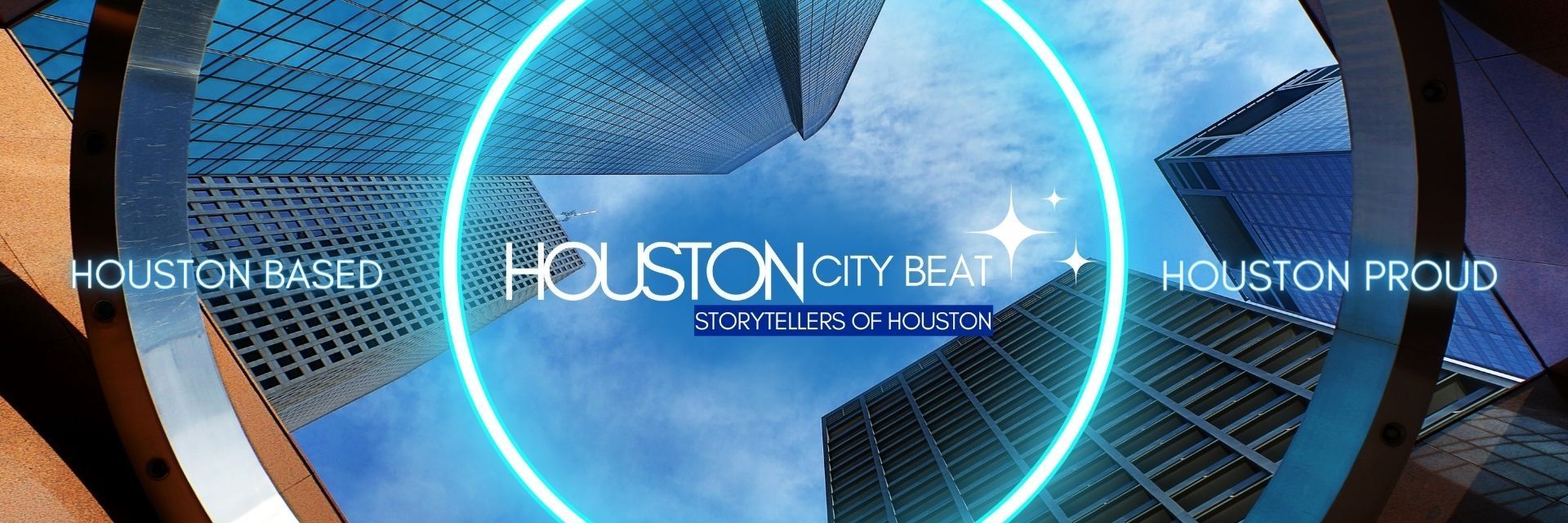Go to BigCityWebsite.com - Home of the $69/mo Website With No Setup Fees
Houston’s Boom: Open Gates or Closed Doors?
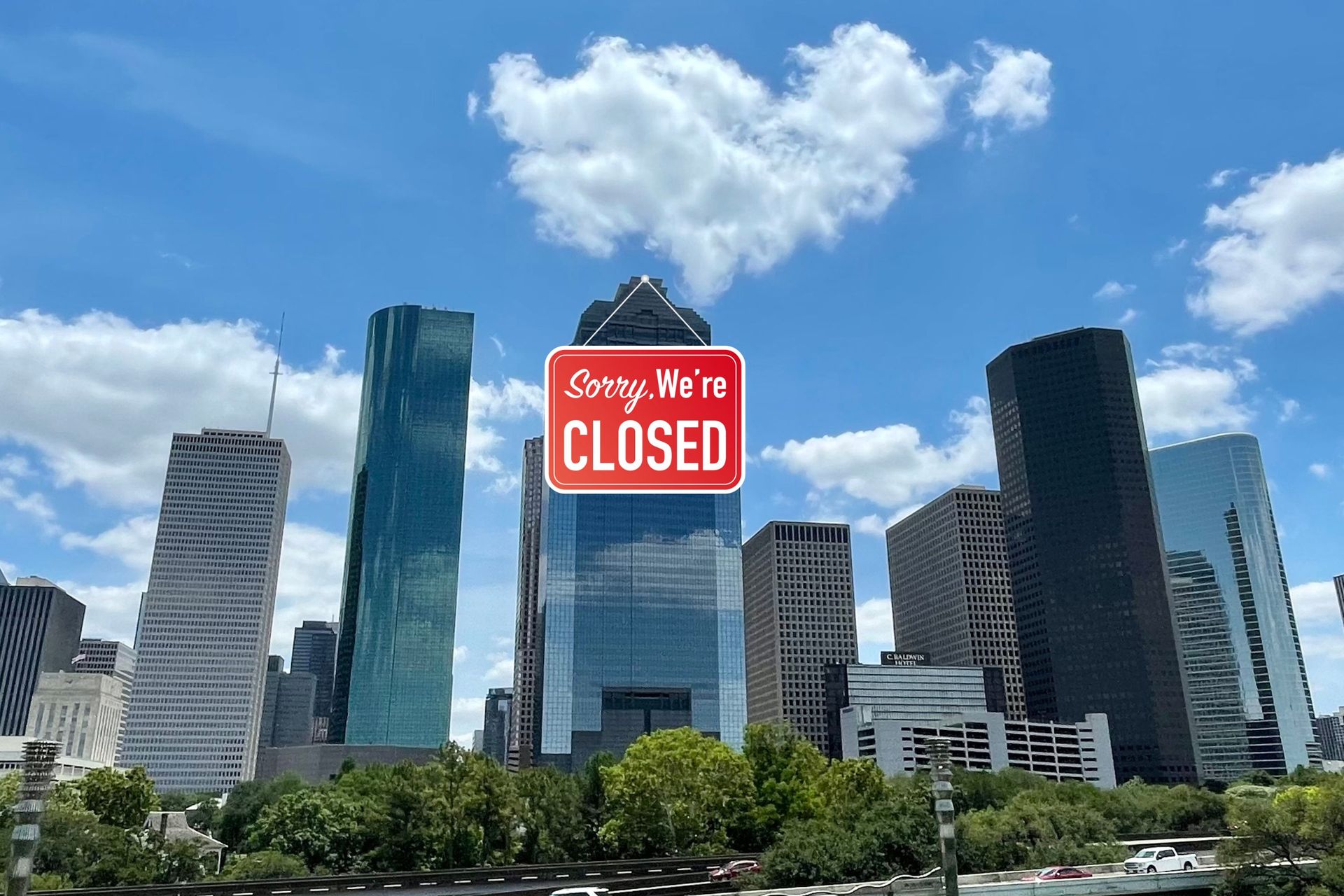
Houston is growing fast, and the numbers tell the story. From 2010 to 2020, the metro area’s population jumped 20%, adding 1.2 million people to hit 7.1 million, per the U.S. Census Bureau. By 2023, it was nearing 7.5 million, and experts at the Texas Demographic Center say Houston could pass Chicago by 2030 to become America’s third-largest city, behind only New York and Los Angeles. Jobs in energy, healthcare, and tech, plus affordable homes and a lively culture, keep drawing newcomers from coast to coast.
But not everyone’s thrilled. On X and Instagram, locals vent: “Stop moving here!” and “Houston is closed!” gripes flood feeds, often tied to gridlocked roads and stretched city services. These frustrations spark a big question: What if Houston really shut its doors to new residents? History, urban studies, and current trends show why growth is Houston’s strength and has been for decades. It shapes our red-hot real estate market and has shown very few reasons to consider slowing down.
What Happens When a City Stops Growing?
History shows that cities thrive on new people, but when migration halts, trouble follows. Urban studies, like those from Oxford University’s Our World in Data, explain that population growth fuels jobs, innovation, and city budgets. Without it, cities can crumble.
Look at Detroit. In the 1950s, it was a top U.S. city, buzzing with auto industry jobs and new residents. But by the 1970s, migration slowed as factories closed. From 1950 to 1980, Detroit lost 43% of its population—nearly 800,000 people, per Census data. Empty homes spread, businesses shut down, and the city went bankrupt in 2013. Houston’s economy is stronger, with diverse industries like the Texas Medical Center and Port of Houston, but stopping migration could still hurt. Fewer people mean less tax money for schools, roads, and flood defenses, which Houston needs after storms like Hurricane Harvey.
St. Louis faced a similar fate. Its population dropped from 857,000 in 1950 to 348,000 by 2000 after migration stalled. Jobs dried up, and vacant neighborhoods struggled. Houston could risk this if growth stops, weakening its economic engine and leaving gaps in its workforce.
Why Closing Houston’s Doors Could Hurt
Houston has historically been home to many transplants from around the United States and abroad. If newcomers stopped moving here it could hit hard, possibly more than one might think.
Economic Slowdown:
New residents fill jobs and start businesses. In 2022, Houston added 91,900 jobs, many taken by newcomers, per the Greater Houston Partnership. Without them, industries like healthcare (growing 15% by 2030) could face worker shortages, slowing the economy.
Real Estate Risks: Migration drives Houston’s housing market, one of the nation’s hottest. The median home price hit $340,000 in 2023, up 30% since 2018, fueled by demand from new residents, per the Houston Association of Realtors. If migration stops, demand could drop, lowering home values and stalling construction, which accounts for 8% of the city’s economy. Realtors and builders would feel the pinch, and neighborhoods could lose momentum.
Aging Population:
Houston’s median age is 33.7, younger than the U.S. average of 38.9, thanks to young newcomers, per 2023 Census data. Without them, the workforce could age, straining healthcare and pensions, as seen in shrinking cities like Osaka, Japan.
Less Diversity:
Houston’s mix—45% Hispanic, 23% Black, 22% White, 8% Asian—sparks creativity in food, music, and tech. Fewer newcomers could dull this vibrancy, weakening areas like Chinatown or the Heights.
Could Slowing Growth Help?
While growth powers Houston, a pause could ease some pressures:
Less Traffic:
Houston’s traffic is rough, ranked fourth-worst in the U.S., with drivers losing 74 hours a year to jams, per Texas A&M’s 2023 report. Fewer newcomers could give planners time to improve roads and Metro’s bus system, funded by a $7.5 billion bond.
Stable Housing Costs:
New residents push home prices up, making it harder for some locals to buy. A growth pause could keep prices steady, though it risks slowing real estate jobs.
Fewer Flood Risks:
More people mean more pavement, worsening floods like Harvey, which caused $125 billion in damage. Slowing growth could save green spaces and reduce runoff, per urban studies.
The Real Picture: Growth Beats Stagnation
Despite traffic and housing woes, stopping migration would hurt Houston more than help. Cities need people to stay strong, and Houston’s growth brings big wins:
Real Estate Boom:
Newcomers fuel a thriving housing market, creating jobs for agents, builders, and lenders. Subdivisions in Katy and Cypress are booming, and downtown condos are in demand, per HAR.com. This growth keeps Houston affordable compared to New York or San Francisco.
Economic Strength:
Houston’s $612 billion economy (2022, per Brookings) ranks seventh globally, thanks to new workers and businesses. The Port of Houston handles 247 million tons of cargo yearly, and the Texas Medical Center sees 10 million patients, both needing new talent.
Cultural Buzz:
Migration makes Houston a food and arts hub, with 3,000+ restaurants and museums like the Museum of Fine Arts drawing 1 million visitors a year.
Future-Proofing: Growth funds flood defenses, like the $2.5 billion Ike Dike in nearby Texas City, protecting Houston’s 25% share of U.S. refining capacity.
Houston’s Big Future
Houston’s on track to be the third-largest U.S. city by 2030, with 8.5 million people, per University of Houston estimates. It’s outpacing Chicago, which grew just 2% since 2010 compared to Houston’s 13%. Texas’s no-income-tax policy and job hubs like the Energy Corridor keep people coming. This growth drives real estate, with new homes and apartments popping up from The Woodlands to Pearland, ensuring Houston stays a place where dreams are built.
Rethinking “Houston Is Closed”
We get it—traffic on I-45 stinks, and home prices sting. But “Stop moving here” misses the mark. Cities like Detroit show that closing doors leads to empty streets and lost opportunities. Houston’s challenges need fixes, not fewer people. The Greater Houston Area will continue to need better transit (freeways have been the choice here for decades over true mass transit), more affordable housing, and stronger flood plans. These are evergreen subjects for a long time to come. Every new Houstonian brings energy, ideas, and dollars that keep our city thriving.
So, when you’re stuck in traffic or scrolling X, think about the teachers, nurses, and entrepreneurs moving here. They’re building the real estate market, boosting our economy, and making Houston a global star. Let’s welcome them and push for a city that grows smart, all while showing them why Houston, Texas remains one of the greatest cities in the world.

